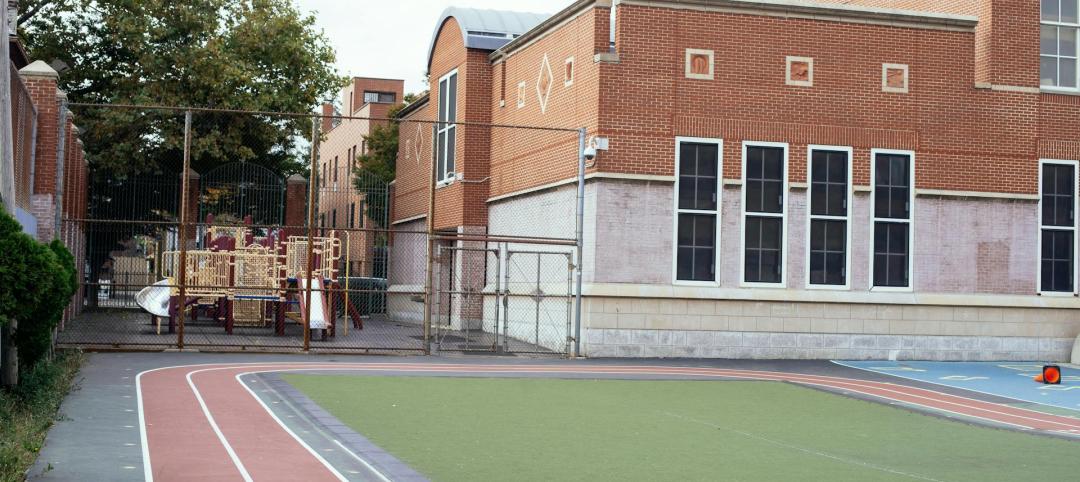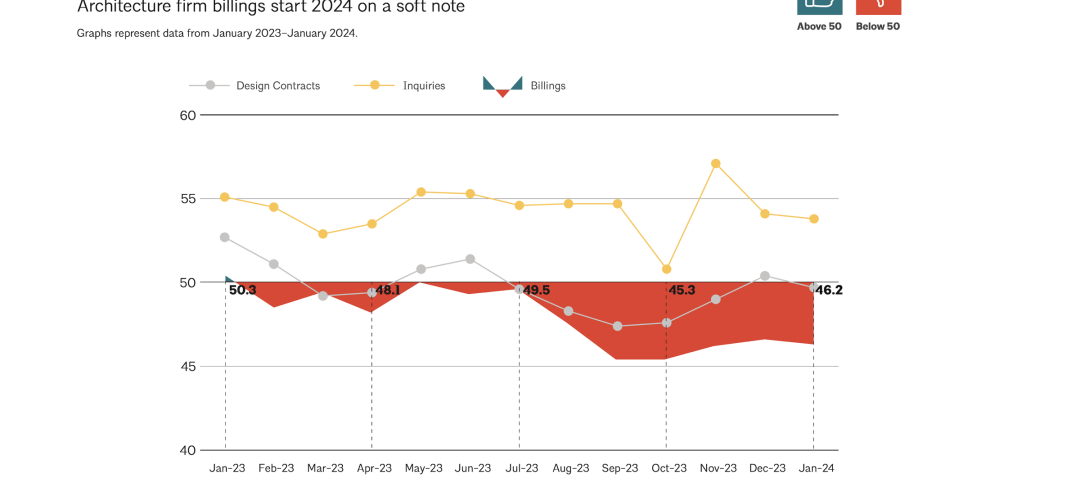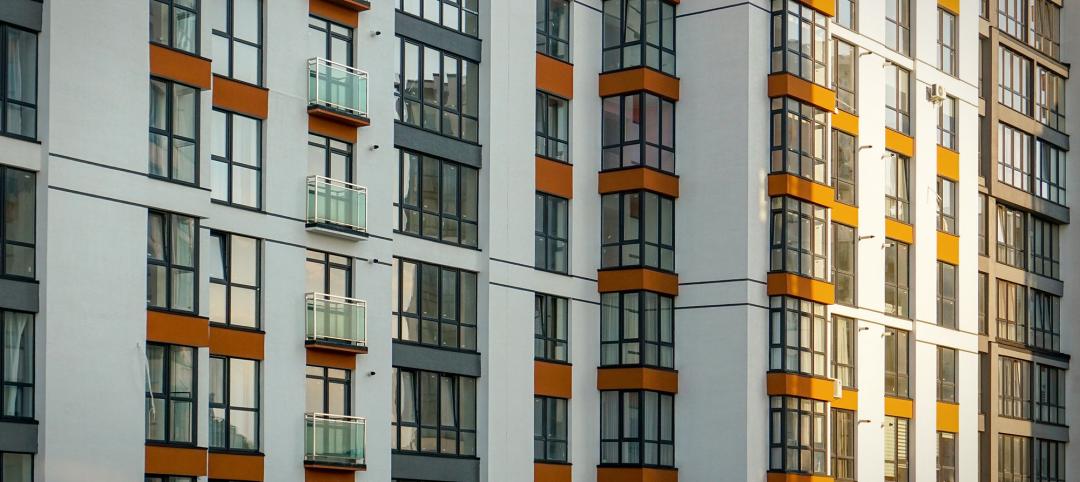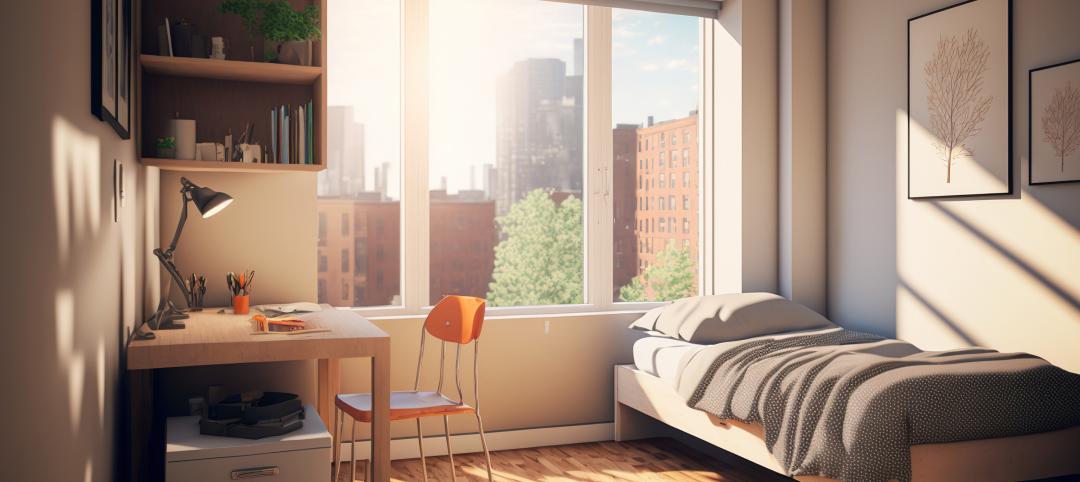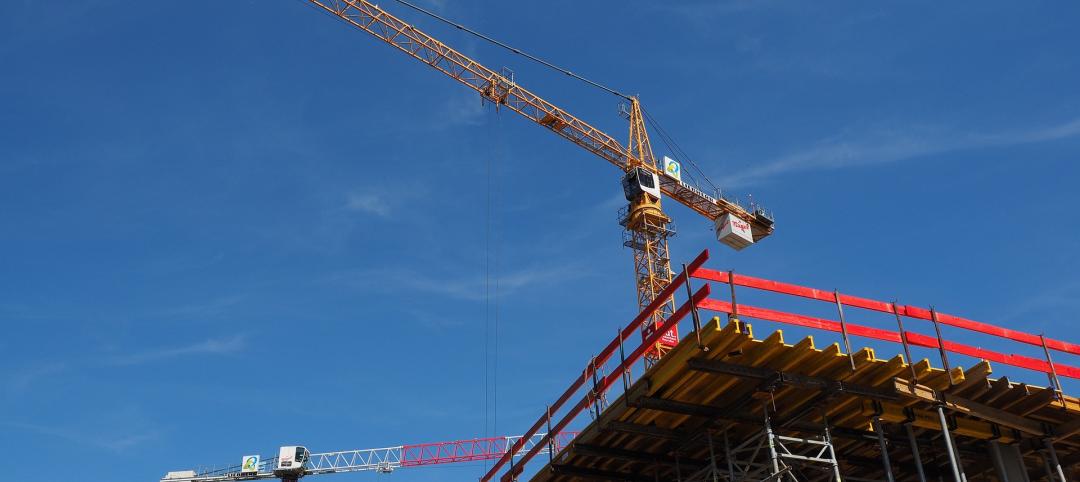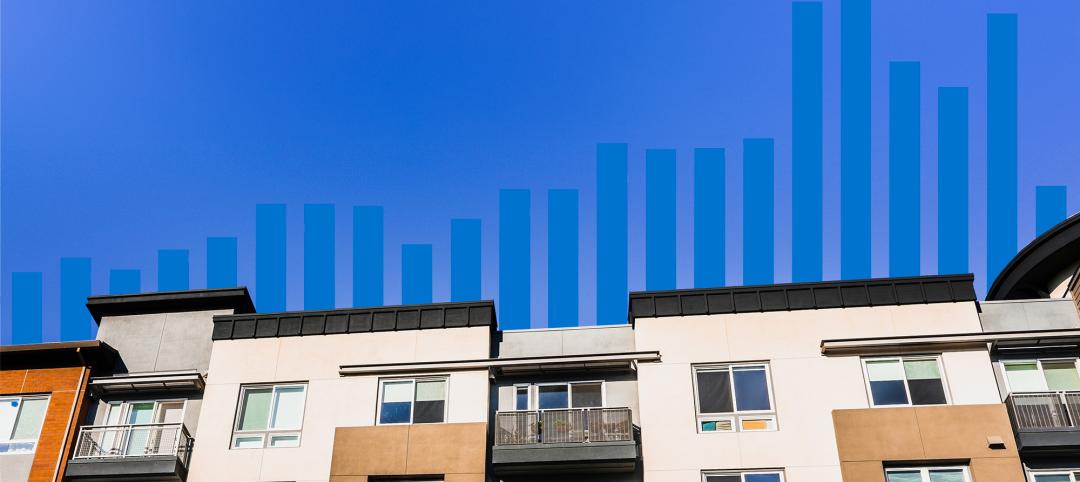Construction spending in December exhibited sharply varied trends, with downturns from a year earlier in every private category, mixed results for public construction, and double-digit increases in residential construction, according to an analysis of new federal construction spending data by the Associated General Contractors of America. Association officials said the new figures demonstrate how the pandemic is boosting demand for new housing while undermining demand for most other types of construction projects.
“Private nonresidential construction has declined for six months in a row, and the slide is accelerating,” said Ken Simonson, the association’s chief economist. “While some categories of public construction have held up so far, state and local budget problems are likely to drive a downturn in public project starts in the next few months.”
Construction spending in December totaled $1.49 trillion at a seasonally adjusted annual rate, an increase of 1.0% from the pace in November and 5.7% higher than in December 2019. But the gains were limited to residential construction, which soared 3.1% for the month and 20.7% year-over-year. Meanwhile, private and public nonresidential spending fell 0.8% from November and 4.8% from a year earlier¬.
Private nonresidential construction spending slumped 1.7% from November to December and 9.8 from December 2019. All 11 private nonresidential categories in the government report declined from a year earlier.
The largest private nonresidential segment, power construction, fell 10.8% year-over-year despite a gain of 0.6% from November to December. Among the other large private nonresidential project types, commercial construction—comprising retail, warehouse and farm structures—slipped 1.4% year-over-year and 2.8% for the month. Manufacturing construction tumbled 17.6% from a year earlier and 5.6% for the month. Office construction declined 3.3% year-over-year despite edging up 0.2% in December. Healthcare construction fell 8.7% from the year before and 3.0% since November.
Public construction spending increased 3.0% year-over-year and 0.5% for the month. Results were mixed among the largest segments. Highway and street construction rose 3.9% from a year earlier and 0.9% for the month. Educational construction increased 4.5% year-over-year and 0.6% in December. But spending on transportation facilities declined 1.0% for the year despite a gain of 0.9% in December.
Private residential construction spending increased for the seventh-straight month, jumping 20.7 year-over-year and 3.1% in December. Single-family homebuilding leaped 23.8% compared to December 2019 and 5.8% for the month. Multifamily construction spending climbed 17.8% for the year and inched up 0.1% for the month.
Association officials said commercial construction was likely to suffer amid weakening demand unless Congress and the Biden administration enact new recovery measures, including backfilling local construction budgets and passing new infrastructure funding. They said the new federal investments were needed to sustain construction employment levels in many parts of the country until private sector demand recovers.
“Even as they work out details on the latest coronavirus relief plan, Congress and the Biden administration need to start work on measures to rebuild the economy and recover lost jobs,” said Stephen E. Sandherr, the association’s chief executive officer. “One of the most effective ways to help the newly unemployed will be to rebuild aging infrastructure and maintain state and local construction budgets.”
Related Stories
K-12 Schools | Feb 29, 2024
Average age of U.S. school buildings is just under 50 years
The average age of a main instructional school building in the United States is 49 years, according to a survey by the National Center for Education Statistics (NCES). About 38% of schools were built before 1970. Roughly half of the schools surveyed have undergone a major building renovation or addition.
MFPRO+ Research | Feb 27, 2024
Most competitive rental markets of early 2024
The U.S. rental market in early 2024 is moderately competitive, with apartments taking an average of 41 days to find tenants, according to the latest RentCafe Market Competitivity Report.
Construction Costs | Feb 22, 2024
K-12 school construction costs for 2024
Data from Gordian breaks down the average cost per square foot for four different types of K-12 school buildings (elementary schools, junior high schools, high schools, and vocational schools) across 10 U.S. cities.
Student Housing | Feb 21, 2024
Student housing preleasing continues to grow at record pace
Student housing preleasing continues to be robust even as rent growth has decelerated, according to the latest Yardi Matrix National Student Housing Report.
Architects | Feb 21, 2024
Architecture Billings Index remains in 'declining billings' state in January 2024
Architecture firm billings remained soft entering into 2024, with an AIA/Deltek Architecture Billings Index (ABI) score of 46.2 in January. Any score below 50.0 indicates decreasing business conditions.
Multifamily Housing | Feb 14, 2024
Multifamily rent remains flat at $1,710 in January
The multifamily market was stable at the start of 2024, despite the pressure of a supply boom in some markets, according to the latest Yardi Matrix National Multifamily Report.
Student Housing | Feb 13, 2024
Student housing market expected to improve in 2024
The past year has brought tough times for student housing investment sales due to unfavorable debt markets. However, 2024 offers a brighter outlook if debt conditions improve as predicted.
Contractors | Feb 13, 2024
The average U.S. contractor has 8.4 months worth of construction work in the pipeline, as of January 2024
Associated Builders and Contractors reported today that its Construction Backlog Indicator declined to 8.4 months in January, according to an ABC member survey conducted from Jan. 22 to Feb. 4. The reading is down 0.6 months from January 2023.
Industry Research | Feb 8, 2024
New multifamily development in 2023 exceeded expectations
Despite a problematic financing environment, 2023 multifamily construction starts held up “remarkably well” according to the latest Yardi Matrix report.
Market Data | Feb 7, 2024
New download: BD+C's February 2024 Market Intelligence Report
Building Design+Construction's monthly Market Intelligence Report offers a snapshot of the health of the U.S. building construction industry, including the commercial, multifamily, institutional, and industrial building sectors. This report tracks the latest metrics related to construction spending, demand for design services, contractor backlogs, and material price trends.



